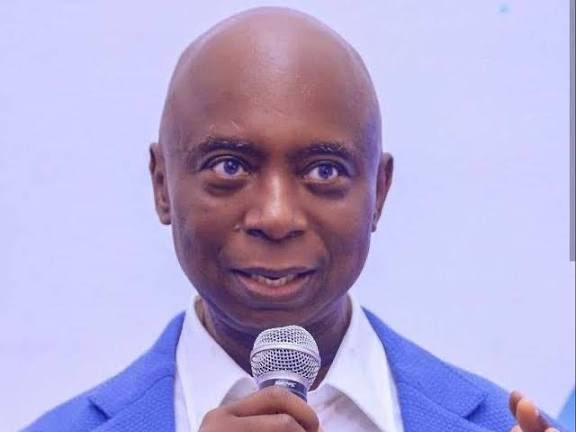
Ned Nwoko defends polygamy as “balance and stability,” sparks nationwide gender debate

Nigerian senator and businessman Ned Nwoko has reignited controversy with his bold defense of polygamy, describing it as a source of “greater balance and stability” for men compared to monogamy. Speaking at a recent public event, the lawmaker—best known for his marriage to Nollywood actress Regina Daniels and four other wives—said he “feels pity for men with only one wife”, arguing that polygamy offers emotional grounding and household equilibrium.
The comments come at a sensitive time, with unverified rumors circulating online about alleged domestic tensions and abuse claims within his household. While Nwoko did not address the allegations directly, his remarks have been interpreted by many as both self-justification and a reflection of traditional Igbo values, where polygamy remains culturally accepted and legally recognized under customary law.
Supporters on X (formerly Twitter) applauded the senator’s stance, citing historical precedents where polygamy supposedly prevented extramarital affairs or resolved intimacy issues in marriages. One user wrote, “Our grandfathers had peace because no woman felt left out; modern men suffer in silence with one wife.”
However, critics fired back, accusing Nwoko of romanticizing a system that often leads to emotional neglect, rivalry, and inequality. Feminist commentators highlighted the contrast between his privileged defense of polygamy and the broader social struggles faced by women in such arrangements. “It’s not stability—it’s control,” one user argued, noting that no peer-reviewed evidence supports polygamy as emotionally or psychologically superior to monogamy.
The debate has since gone viral, with thousands weighing in on the intersection of culture, religion, and modern marriage in Nigeria. While polygamy remains legally recognized under customary and Islamic law, changing gender norms—especially among urban youth—are challenging its moral and practical relevance in contemporary society.
For Nwoko, the statement reinforces his reputation as one of Nigeria’s most unapologetically traditional figures—unmoved by modern criticism and firmly rooted in a worldview that continues to divide opinion across the country.


